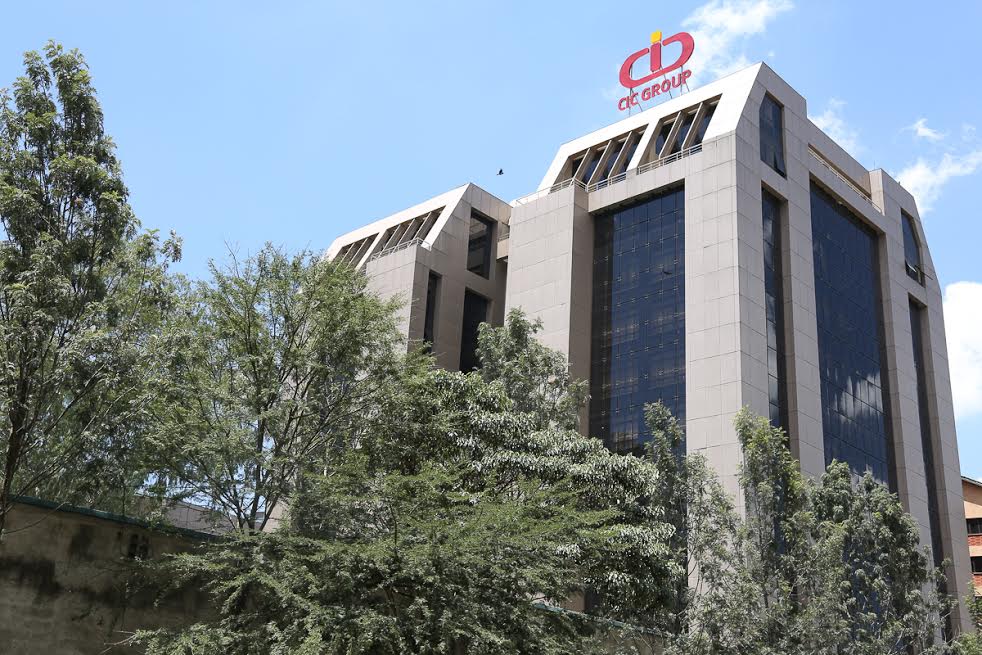Kenyans with higher incomes will contribute more to the National Health Insurance Fund (NHIF) through increased statutory deductions if Parliament approves new regulations published by the fund.
Already, employers are bracing for a face-off over the charges as they expect it to drive up business costs. The new regulations published on Wednesday, February 16 form part of the State-backed legislation seeking to make it mandatory for all Kenyans to be in the National Health Insurance Fund (NHIF).
In its current form, only workers in the formal sector are obligated to join and contribute to the scheme. NHIF expects the new model to drive revenues enabling them to offer insurance to all Kenyans.
Under the current model, those earning over Ksh100,000 pay a fixed monthly NHIF contribution of Ksh1,700. The new model, however, would peg their contribution to the fund at 1.7% of their gross salary.
Those earning Ksh200,000 would pay Ksh3,400 per month up from the current Ksh1,700.
READ>>Safaricom, NHIF Launch M-Pesa Mini App
Workers earning Ksh500,000 would see their contribution increase five-fold to Ksh8,500 per month.
Informal workers – who had a choice to join NHIF membership, with their monthly contributions set at Ksh500. Their monthly fee remains unchanged, but membership will be mandatory.
NHIF data indicates that it had 8.898 million members at end of June 2020 – 4.452 million from the formal sector and 4.546 million from the informal sector.
The Federation of Kenya Employers (FKE) has already voiced opposition to the new model which NHIF is counting on to facilitate the government’s big healthcare push.
“I do not think that this is right and justifiable, and it will increase the cost of business. Allowances are part of the gross pay and are not fixed and so this means that it will just be too big of a cost to the employers,” FKE CEO Jacqueline Mugo stated on Wednesday, February 16.
NHIF which collected Ksh61.5 Billion last year has been struggling under the weight of ever-increasing payouts to service providers and is losing over Ksh16 billion a year to fraudulent claims alone.
READ>>Nairobi To Host East Africa Healthcare Supply Chain Dialogue

![NHIF expects the new model to drive revenues enabling them to offer insurance to all Kenyans. [Photo/ Courtesy]](https://businesstoday.co.ke/wp-content/uploads/2022/02/nonavcxszaxwzu60f4897ac5fa8.jpg)











Leave a comment